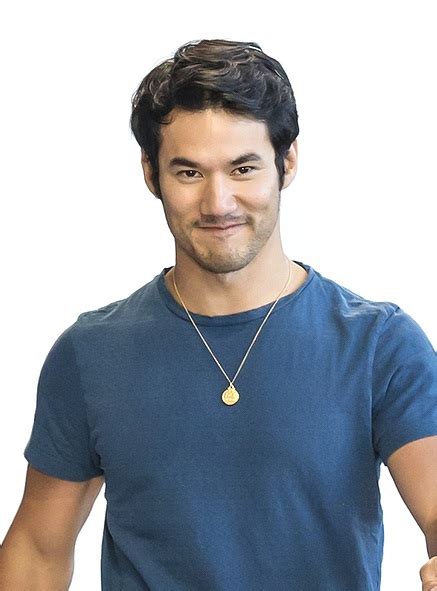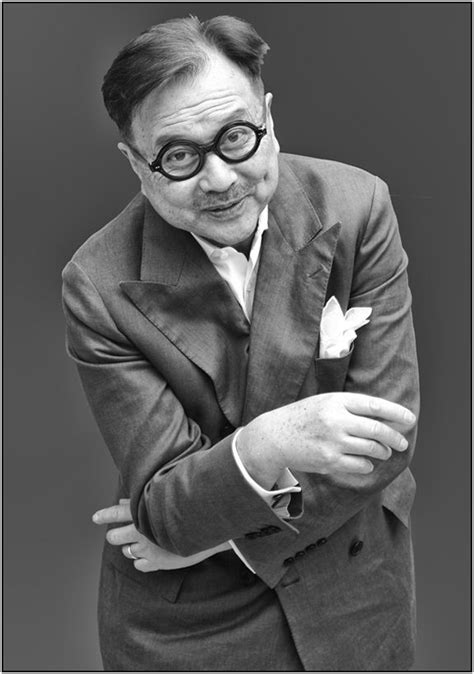A Quote by Rudy Rucker
When I see an old movie, like from the ’40s or ’50s or ’60s, the people look so calm. They don’t have smartphones, they’re not looking at computer screens, they’re taking their time. They’ll sit in a chair and just stare off into space. I think some day we’ll find our way back to that garden of Eden.
Related Quotes
Watching old movies is like spending an evening with those people next door. They bore us, and we wouldn't go out of our way to see them; we drop in on them because they're so close. If it took some effort to see old movies, we might try to find out which were the good ones, and if people saw only the good ones maybe they would still respect old movies. As it is, people sit and watch movies that audiences walked out on thirty years ago. Like Lot's wife, we are tempted to take another look, attracted not by evil but by something that seems much more shameful -- our own innocence.
I would have conversations with European artists. Meaning, people look at my painting and one person would say, "Oh, your painting is just like so-and-so!" Another person would say, "It's just like so-and-so." But at the end, it's a chain of relay like a marathon. There are so many so-and-so's that eventually it becomes mine. My dialogue was completely European, with the '40s, '50s, '60s artists, but on the exterior side I do big painting. It's post-Pollock. It's current. It's a meeting of the time. The Chinese side just comes out.


































